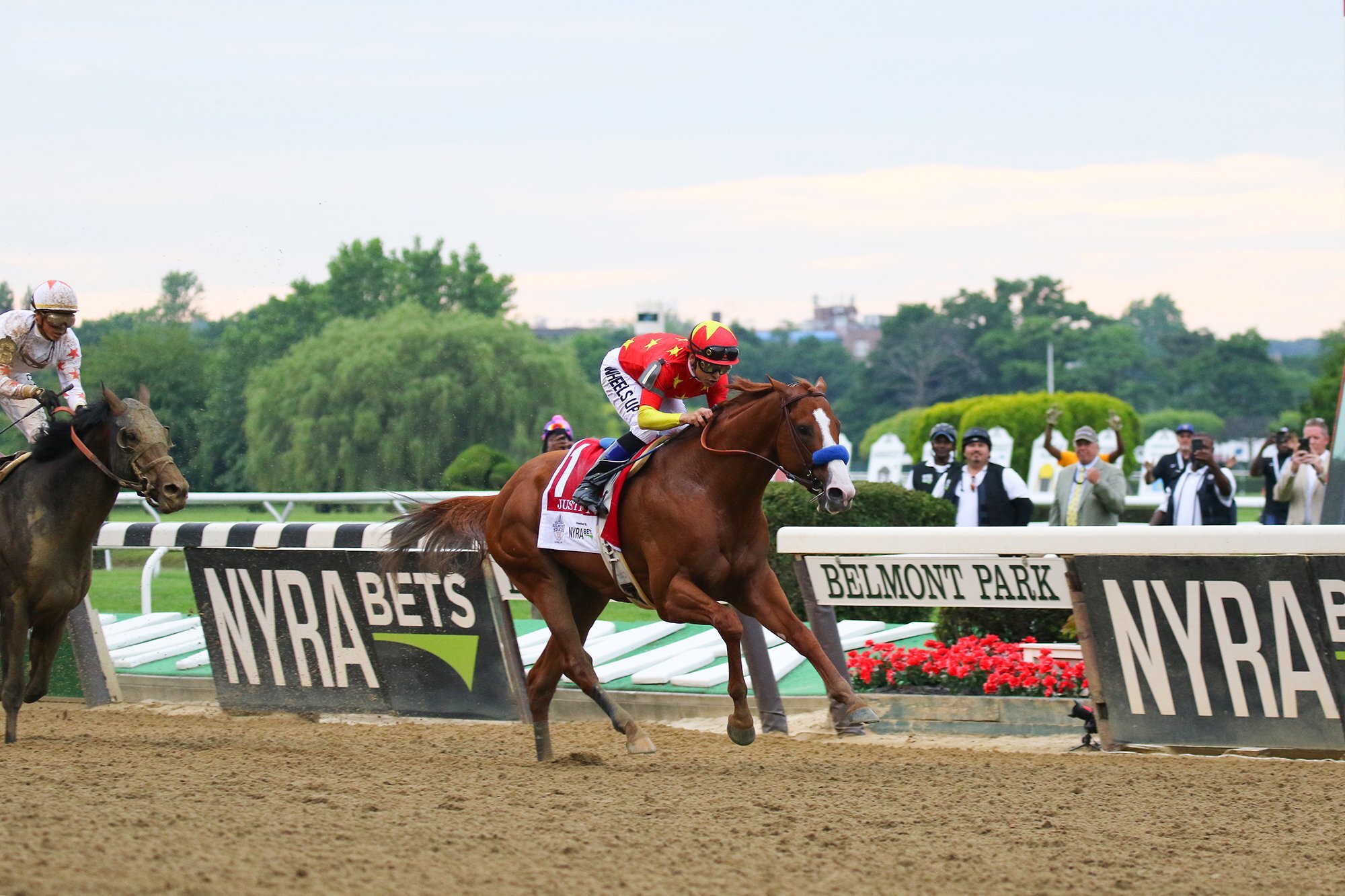It’s Triple Crown season, and once again controversy is afoot — or rather, a-hoof.
After the gallant win of little Medina Spirit in the Kentucky Derby, news broke that the horse had tested positive for Betamethasone, a steroid used to treat inflammation but banned on race day. throwing a cloud of suspicion on trainer Bob Baffert. The trainer of TC winners American Pharoah (2015) and Justify (2018) — who was also involved in a banned substance charge that was ultimately dismissed — Baffert has denied the allegations, claiming foul play, sour grapes and “cancel culture” were behind them. (More on “cancel culture” in a bit.) Turns out the anti-inflammatory was in an antifungal ointment that was being used to treat Medina Spirit’s dermatitis. But what Baffert knew and when he knew it remains subject to question.
Medina Spirit has now undergone a second drug test. If he fails that — and results won’t be known for several weeks — his Derby win will be nullified. (Baffert has been suspended from the Derby’s Churchill Downs.) In the meantime, though, Medina Spirit and the Baffert-trained Concert Tour will compete in the Preakness Stakes Saturday, May 15, at Pimlico Race Course in Baltimore. Baffert will not be in attendance.
No less than former President and newbie blogger Donald Trump has weighed in on the drama, calling Medina Spirit a “junky” whose apparent drug habit is “emblematic” of everything that is wrong with President Joe Biden’s America, which the entire world is laughing at.
Oh, where to begin? “Junky,” of course, would describe, say, a cheap bracelet. A “junkie” is, of course, slang for a drug addict. Can a horse be an addict? Doesn’t addiction imply conscious choice? Even if you cannot resist the urge, the addict did at one time in the beginning choose to take a drug. Does a horse choose to do drugs? Can the horse shoot himself up with drugs?
As I wrote once on this blog about Justify, does the horse know he’s taken a banned, perhaps performance enhancing drug or is he just trained to run around a track in exchange for food, treats, a clean stall, exercise and some kindness?
Perhaps more to the point, can the alleged doping of a racehorse — hardly news — be said to be emblematic of Biden’s America anymore than it was emblematic of Trump’s America.? And would the world be laughing at this anymore than it would be at a petulant, misspelled criticism?
What is apparent in Trump’s comments is that flawed critical thinking skills beget flawed writing. People, we are awash in flawed critical thinking skills. Why does Baffert think he’s a victim of cancel culture? He may be a victim of jealousy and envy. But he’s not a victim of cancel culture per se, which is essentially a form of boycott and shunning. You’re perceived to be racist, anti-Semitic, homophobic, misogynistic, so I’m not going to buy your products or hold my event in your town. As opposed to you’ve done something wrong once too often so we’re banning you.
Today, however, everyone is suddenly either a victim of “cancel culture” or busy actually trying to cancel someone. (See our next post on Liz Cheney.) Cancel culture has its place. Moving the Major League Baseball All-Star Game from Atlanta to Denver to protest Georgia’s restriction of voting rights was absolutely the right use of “cancel culture.” In many other instances, it comes down to preferences. Those who can’t stand Richard Wagner’s music are happy to dwell on his anti-Semitism. But if you like his operas, you may acknowledge and overlook it.
One of the most brilliant uses of not canceling that I have seen is Black Canadian artist David Hartt’s creation of a garden based on the still lifes of 19th-century African-American painter Charles Ethan Porter at The Glass House, the historic New Canaan, Connecticut, home of controversial architect Philip Johnson, who early in his life held white nationalist views he later repudiated. Nonetheless, the Johnson Study Group has called for his name to be stricken from The Museum of Modern Art as it has been from a Harvard building.
Why would a Black artist create an exhibit at The Glass House? Could it be because it’s an act of ironic defiance? As Hartt told Pin-Up, the architectural entertainment magazine: “While I appreciate and applaud (the Johnson Study Group’s) efforts in terms of trying to address the histories of racism and Fascism that are entangled within Philip Johnson’s legacy, that doesn’t prevent me from also thinking about The Glass House as a site that can be productive. I’m not however interested in creating a piece that is about Philip Johnson….. To me (he’s a proxy) that allows me to discuss the authoritarian aspects of Modernism, or issues of colonialism, and so on.”
Perhaps the ultimate form of cancelation is engagement.
